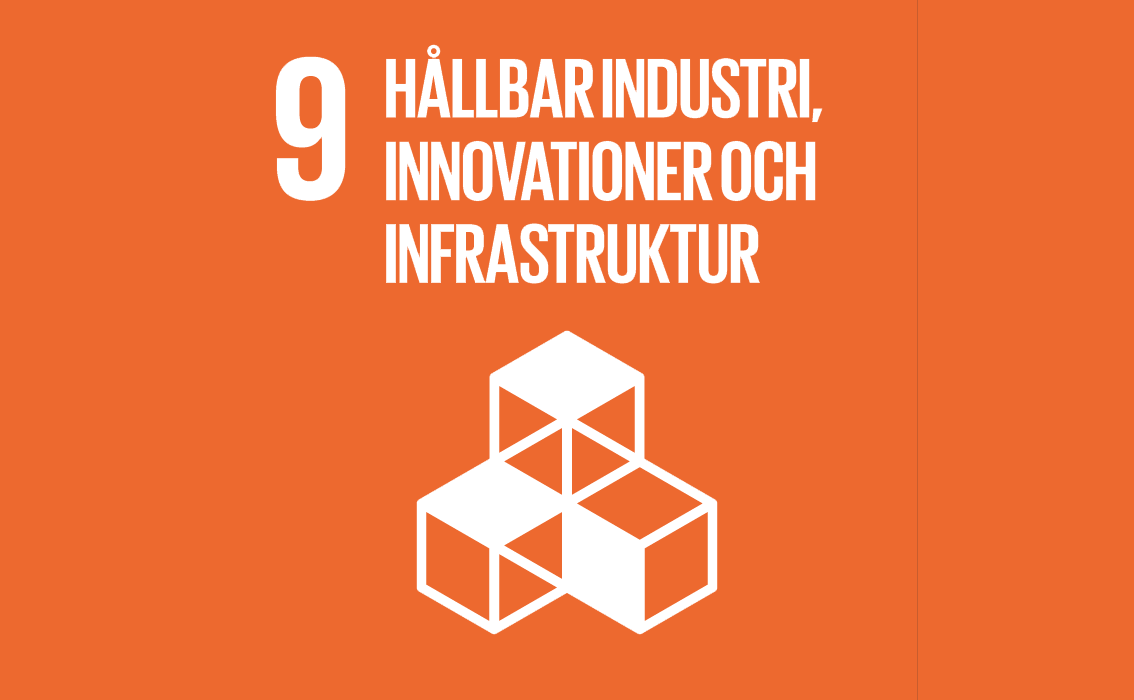Automation in High-performance Cyber Physical Systems Development
In A-CPS, we aim at providing a model-based framework for introducing automation in the software development of high-performance vehicular systems.
Avslutat
Start
2019-04-01
Avslut
2021-03-31
Huvudfinansiering
Samarbetspartners
Forskningsområde
Forskningsinriktning
Projektansvarig vid MDU
Background
High-performance cyber-physical systems, like autonomous vehicles, are bringing computing into the new era of heterogeneous computing, where all future computing platforms are likely to have several different computational units. One main need for heterogeneity is the terrific data-throughput induced by contemporary vehicles functions. However, when different computational units are put together on a single board, one main challenge is to use the enormous computing capabilities, while still meeting several non functional properties like timeliness. In order to tackle the challenge of timing verification for high-performance vehicular systems, engineers not only need to write parallel software, but also cope with ad-hoc issues introduced by heterogeneity such as the allocation of computations to computational units. Today, this challenge is mainly addressed manually making the software development tedious, error-prone and inefficient.
Goals of the project
In A-CPS, we aim at providing a model-based framework for introducing automation in the software development of high-performance vehicular systems. The proposed framework will leverage industrial modelling languages and model transformations for providing automatic assessment of timing by means of model-based simulation, timing analysis and their interplay.


